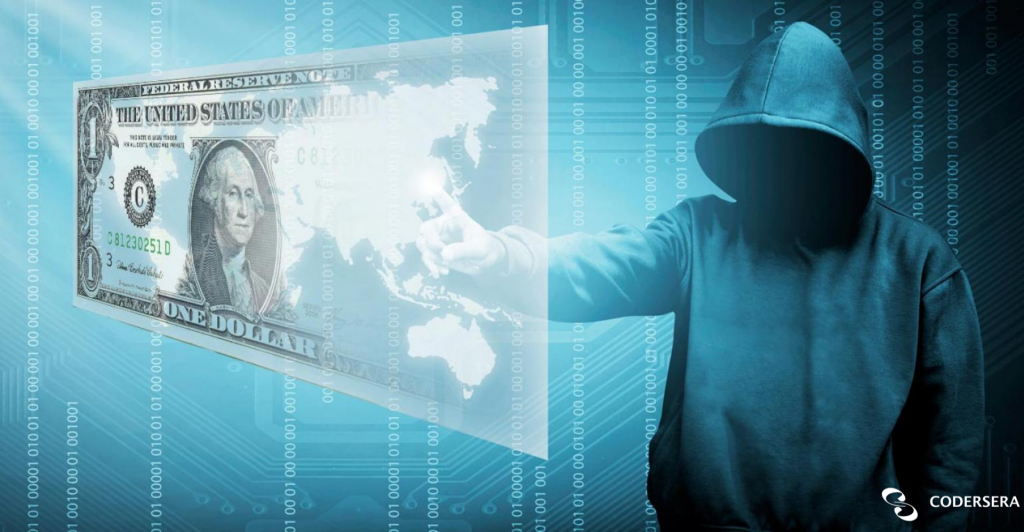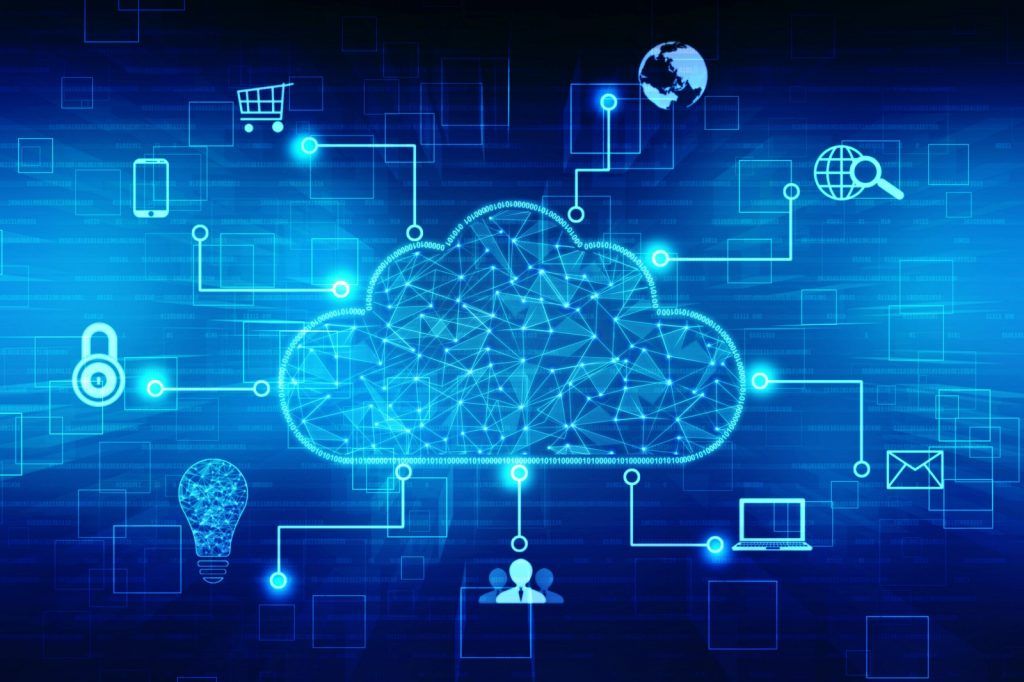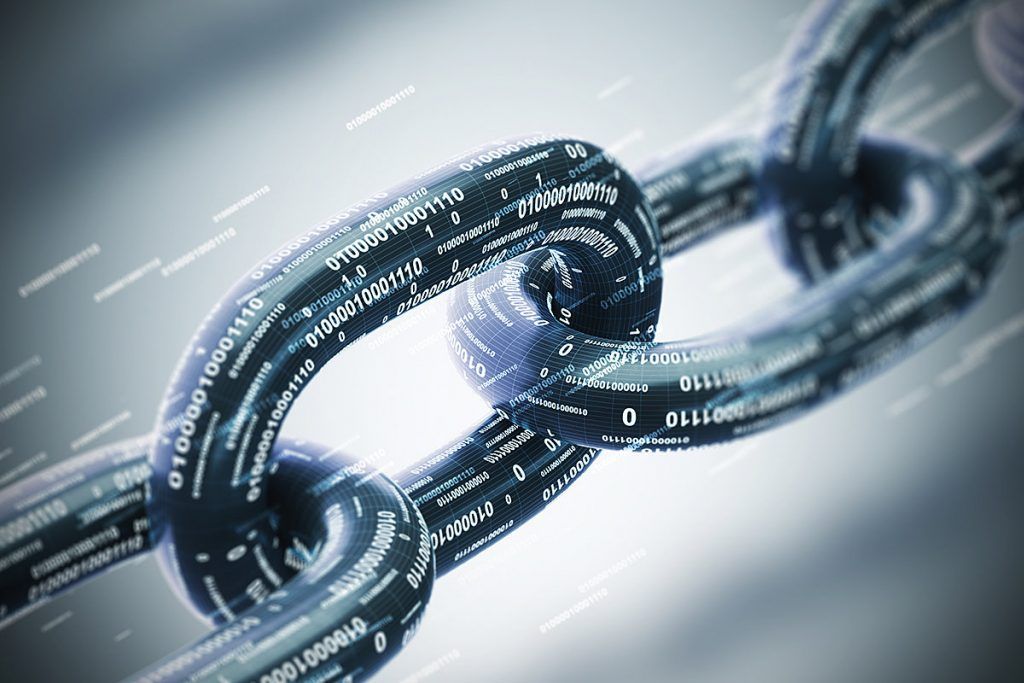7 min to read
How To Keep Your Data Secure When You Have A Remote Team
Building and managing a remote team is difficult. But it becomes more difficult when you have to keep your data secure from security breaches while working with an overseas team. “It so happens that work which is likely to be our most durable monument, and to convey some knowledge of us to the most remote posterity, is a work of bare utility; not a shrine, not a fortress, not a palace, but a bridge.”-Montgomerry Schuyler With technology, companies and employees have the flexibility to work fro
Building and managing a remote team is difficult. But it becomes more difficult when you have to keep your data secure from security breaches while working with an overseas team.
“It so happens that work which is likely to be our most durable monument, and to convey some knowledge of us to the most remote posterity, is a work of bare utility; not a shrine, not a fortress, not a palace, but a bridge.”-Montgomerry Schuyler
With technology, companies and employees have the flexibility to work from anywhere. Tech makes us able to work remotely or even as a remote team, keep up-to-date with the office while travelling and facilitate a great work/life balance. It makes your work-life easy but also poses a question about data security risks as well.
Remote Working Security Risks
There are many security risks in remote work like -Hacking or social engineering, Phishing, Malware, Ransomware, etc. So while hiring a remote team, always remember to tell them to keep cautious about these securities risks. The security of the client information and the firm’s server is the biggest concern. So your security parameters should be very high and updated.
Hacking Or Social Engineering:
Social engineering is the art of manipulating people so they give up confidential information, which includes your passwords and bank information as well as giving them control over your computer. These attacks can be placed for Ransome or evading your best practices.
If a social engineer hacked one person’s email password and gets access to that person’s contact list because most people use similar passwords everywhere, so the hacker can get easy access to all the sites, applications, contacts, and other useful information as well as that person.
These social engineering attacks look like an email from a friend or another trusted source and can contain a link to downloadable content. People generally don’t suspect their known contacts and get easily trapped by hackers.
Phishing:
Phishing is the most common and popular method to steal others’ credentials. It is a cybercrime in which attackers create a legitimate institution to induce people for providing sensitive data such as personally identifiable information, banking, and credit card details, and passwords.
Imagine a website that looks just like Facebook, where you log in, thinking it’s the real thing. Phishing is when an attacker creates a website that looks legitimate but isn’t.
Phishing is a subset of social engineering strategy that imitates a trusted source for creating a phony source to hand you over login credentials or other sensitive personal data.
How it looks like:
- It looks like a legitimate website with a different URL.
- Present a problem that requires you to “verify” your information by clicking on the displayed link and providing information in their form.
- Ask you to donate to their charitable fundraiser or some other cause.
- Notify you that you’re a winner.
- Asking for urgent help as being your friend or family.
- Pose like a boss or coworker.
Remote developers often become easy targets for these attackers.
Malware And Ransomware Attacks:

There is a lot of malware on the internet. Some are harmless but some can be very dangerous. Malware tricks you into installing software that allows scammers to access your files and track what you are doing.
Ransomware is a type of malware that prevents users from accessing their system or personal files and demands a ransom payment in order to give them access back. Ransomware Encrypts all your important files and makes you pay for the decryption key. Viruses, malware, and ransomware all are significant risks to your security. They can harm your computer, delete your files, and cost you a lot of money.
Apart from this, there is two more malware that exists.
- Spyware: Silently installs and records your keystrokes, screen, audio, and video.
- Remote Administration Tools (RATs): Allow complete control over your computer.
We’ve discussed the most common attack methods, but how do you stay safe from them? I have some essential security tips:
Security Tips For Remote Workers
Create A Complex Password:
Using a complex password is one of the easiest ways to protect your important data. You should instruct your team to use different passwords for different platforms and change their passwords regularly. If possible, you should revise your password policy every few months and remind them to change passwords.
- Use multi-factor authentication for creating a complex password.
- Use alphanumeric characters.
- Require a minimum of 8 characters.
- Check new passwords against a dictionary of known-bad choices.
- Protect your most important accounts with a unique passphrase.
Apart from strong passwords, you can allow for Two-step verification which adds another layer of security to keep your data safe from password leaks, data breaches, and phishing attacks.
Secure Devices:
Probably, malware comes from the web or via mail and infects employee devices and systems. These security threats become the biggest challenge for working with a remote team because remote employees can be softly targeted by hackers.
There are some essential points that you should keep in mind while working with a remote team-
- The best thing that can be done in order to avoid data leakage and security breaches, is to forbid employees to use the internet or use email for personal purposes on their work devices.
- If it is possible, you can own and provide all the necessary devices to remote employees as per your restrictions.
- Make sure your remote employees keep their system and application updated always.
- Install Antivirus or Antimalware and update them before expiring. You can keep your data secure by providing security software to your remote team.
You can develop malware protection with your IT team as well or can hire a cybersecurity firm to develop the system. It will help you to protect your data from hackers anywhere. - Mobile Device Management (MDM) and Mobile Application Management (MAM) platforms can help you to secure remote workers’ data and enforce the company’s security policies. This platform can remotely force data encryption, run malware scans, wiped data from stolen devices automatically, and more.
- Cloud-based MDMs offer permission-based security to regulate remote access to employees for using their own devices in the office or remotely.
Use Cloud Service:

Cloud service is the backbone of remote companies because it allows your employees to work from different locations. Cloud service gives you easy to access platform for real-time collaboration and file sharing. A better cloud company provides you with a secure storage place and handles security risks as well. It will help you to protect your important data from viruses and hackers.
There are a ton of affordable cloud companies and applications that even smaller companies can take advantage of, including Google Drive, OneDrive, and Dropbox.
All you need is strong passcodes to keep your cloud data safe and you will have safe virtual storage and working space.
Avoid Public WiFi:
- The public internet is provided by an unknown server and your data security is not guaranteed. This network can be a medium for hackers as anyone can access it easily.
- Make sure your remote employee never uses public Wi-Fi to send you any sensitive information because these networks are easy to break for attackers.
- When you aren’t using a device, turn off the WiFi and Bluetooth connectivity.
Secure Connection(VPN):
Virtual Private Networks (VPNs) are a way to secure remote connections to data and provide an extra security layer on free Wi-Fi hotspots. Always connect to a VPN so that internet traffic is encrypted, especially if connected to a public wifi network.
Your remote team members need to take precautions to keep their data safe when using public Wi-Fi networks. Many remote workers enjoy setting up shops in local coffee shops or restaurants to get out of the house once in a while. They have to make sure that they are using VPNs because it creates a secure network to another network over the internet.
Remote Working Security Policy

Creating a security policy is one of the essential steps to preventing your data from being attacked. You should make sure that your remote employees follow the policy rules because it will make their lives easy when it comes to protecting company data.
Cybersecurity training is as important as your client project. Your remote team should always be aware of the threats that can attack them anytime when they go online. Because Remote workers carry their devices at all times. They should avoid lending their smartphones or laptops to strangers or anyone.
There is some more basic precaution you can instruct your remote team’s employee.
- Avoid opening spam and suspicious links.
- limited their access or only related
- Never represent your company in public
- Avoid working in public places
- Always shred the paper or documents if required.
Your remote employees should be realized that Data security or cybersecurity is the responsibility of an individual. One weak block will break the chain of security.
In A Nutshell
Handling a remote team is challenging. Protecting your highly sensitive information and data is much more difficult. Your remote team members from all over the country, if not the world, will require access to papers, accounts, and other information in order to accomplish their tasks properly, no matter where they are. While modern technology makes this procedure simple, it also introduces security dangers.
Because remote teams work from a variety of mobile devices, these devices are more vulnerable to malware that may penetrate your company’s network and create data leaks as a result of lost or stolen devices. So, we are assuming that the next time you get faced with this problem, you will have a solution right there!
Codersera keeps you up-to-date with all kinds of necessary information and trends taking rounds in the market. liked what we write? Drop a comment and let us know!
FAQ
Q1. How are companies keeping data secure while many employees are working remotely?
Ans- Using encryption software is another way companies and their remote workers can protect themselves. If an employee's device is stolen or lost, the information on that device can find its way into the wrong hands and expose the company to data breaches and vulnerabilities
Q2. How secure is remote working?
Ans- Not only can remote workers put their own privacy at risk, but working remotely could result in a breach of the company's security. Allowing some employees to work remotely from time to time is something most companies could handle prior to the last few months.
Q3. Which will create a secure Internet connection while working remotely?
Ans- Setting up a VPN and requiring all remote connections to pass through it is a basic best practice for keeping resources secure when employees work remotely.
🚀 Try Codersera Free for 7 Days
Connect with top remote developers instantly. No commitment, no risk.
Tags
Trending Blogs
Discover our most popular articles and guides
10 Best Emulators Without VT and Graphics Card: A Complete Guide for Low-End PCs
Running Android emulators on low-end PCs—especially those without Virtualization Technology (VT) or a dedicated graphics card—can be a challenge. Many popular emulators rely on hardware acceleration and virtualization to deliver smooth performance.
Android Emulator Online Browser Free
The demand for Android emulation has soared as users and developers seek flexible ways to run Android apps and games without a physical device. Online Android emulators, accessible directly through a web browser.
Free iPhone Emulators Online: A Comprehensive Guide
Discover the best free iPhone emulators that work online without downloads. Test iOS apps and games directly in your browser.
10 Best Android Emulators for PC Without Virtualization Technology (VT)
Top Android emulators optimized for gaming performance. Run mobile games smoothly on PC with these powerful emulators.
Gemma 3 vs Qwen 3: In-Depth Comparison of Two Leading Open-Source LLMs
The rapid evolution of large language models (LLMs) has brought forth a new generation of open-source AI models that are more powerful, efficient, and versatile than ever.
ApkOnline: The Android Online Emulator
ApkOnline is a cloud-based Android emulator that allows users to run Android apps and APK files directly from their web browsers, eliminating the need for physical devices or complex software installations.
Best Free Online Android Emulators
Choosing the right Android emulator can transform your experience—whether you're a gamer, developer, or just want to run your favorite mobile apps on a bigger screen.
Gemma 3 vs Qwen 3: In-Depth Comparison of Two Leading Open-Source LLMs
The rapid evolution of large language models (LLMs) has brought forth a new generation of open-source AI models that are more powerful, efficient, and versatile than ever.